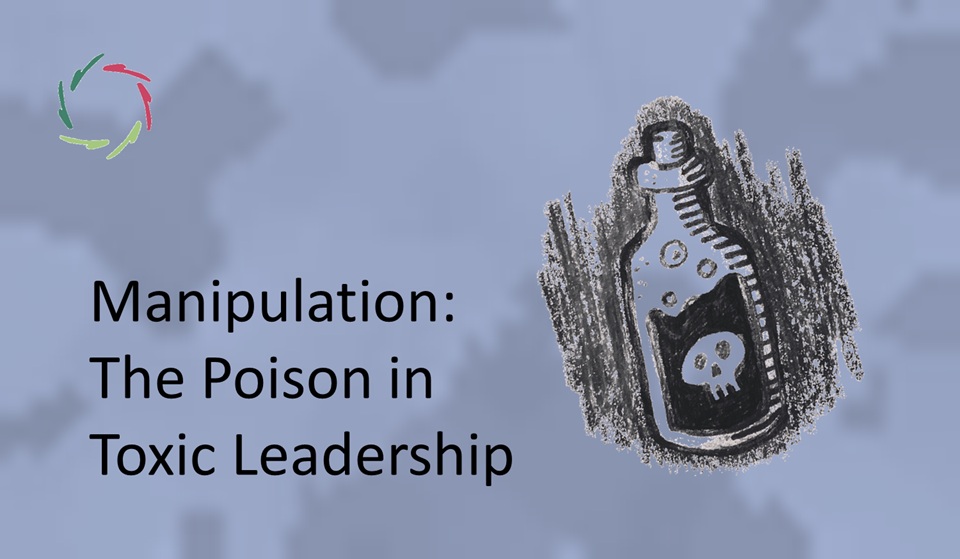What People Want or Need

Surface-level wanting is frequently very different from deeper-level needing ― even fundamentally different. This hampers inner growth and can lead to burnout and depression.
Fundamentally
With some openness, everybody can feel that in-depth wishes and desires somewhat differ from what shows at first sight. For instance, attaining a slightly deeper level during coaching may already be eye-opening and healing in some sense.
In many cases, the picture becomes drastically more pronounced when going deeper into one’s non-conscious yet meaningful mindscape. As a rule of thumb, the deeper one goes, the more (‘deeply’) meaningful it becomes, and at the same time, the less easily graspable. Of course, there are all kinds of colors and shades.
In AURELIS coaching, reaching what the coachee profoundly wants/needs – not therefore conceptually but rather subconceptually – is seen as what the whole endeavor is frequently about. An obstacle is that people may have difficulty acknowledging within themselves the situation just described.
Deep motivation
As in my book Deep Motivation, the eventual source of any motivation lies in-depth. What grows above the surface has its roots in the ground ― a fundamentally different milieu. Not realizing (nor living up to) this is what I call ‘inner dissociation.’ In such a state, what one wants and deeply needs may be – as said – fundamentally different.
“You must know what you want” is therefore only partially relevant if not going deeply.
Huge challenges, also in people of good intention
Inner dissociation secondarily leads to many personal and even geopolitical problems.
More primarily, and more generally, it leads to people wanting to achieve what they don’t need and profoundly needing what they don’t even want to accomplish on the surface. This is not because of their bad intentions but mainly because, unfortunately, there is a lack of insight into subconceptual processing.
The root of the problem is indeed the root of the problem, and it goes very deep.
As a matter of fact, the result is immense dissatisfaction ― the feeling of not being heard, not being reckoned with, not being respected. Eventually, this is also precisely the case: In-depth, people are not being heard, etc. The inner dissociation (in others) prevents it.
Divides
The feeling of ‘divide between politics and the people’ – even in functional democracies without an overload of corruption – is one of many natural consequences. Politicians of good intention can come across as deluded, uncaring, or dangerous because of the divide between what people deeply need and superficially want (and say they want/need). Unfortunately, not all politicians are depth psychologists.
Another divide is business-related: between what motivates employees and what is supposed (by their leaders) to motivate them. Just questioning the employees may clarify what they want but not what they deeply need.
As a third example, divides between cultures can be more pronounced if people from different cultures are oblivious to their deeper personal needs. This prevents them from seeing how other cultures have different ways to (try to) fulfill these profoundly similar needs ― even more so since concrete cultures, as interdependent entities, do so primarily for themselves.
From burnout to burning
Really wanting what one also deeply needs aligns a person’s deep motivation in a direction that prevents burnout and can lead to an immense feeling of flow ― no drugs needed, just oneself.
It’s that simple, in principle.
In all its profound complexity, AURELIS coaching is about this.
I dare say it is even pretty unique in this.


